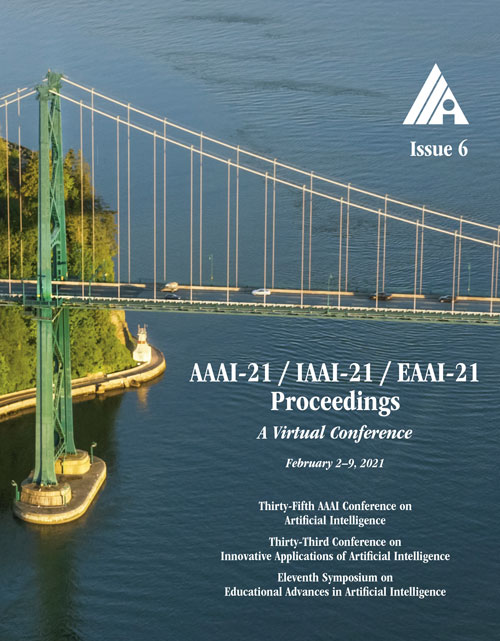MiniSeg: An Extremely Minimum Network for Efficient COVID-19 Segmentation
DOI:
https://doi.org/10.1609/aaai.v35i6.16617Keywords:
AI Responses to the COVID-19 Pandemic (Covid19), Segmentation, Applications, Biometrics, Face, Gesture & PoseAbstract
The rapid spread of the new pandemic, i.e., COVID-19, has severely threatened global health. Deep-learning-based computer-aided screening, e.g., COVID-19 infected CT area segmentation, has attracted much attention. However, the publicly available COVID-19 training data are limited, easily causing overfitting for traditional deep learning methods that are usually data-hungry with millions of parameters. On the other hand, fast training/testing and low computational cost are also necessary for quick deployment and development of COVID-19 screening systems, but traditional deep learning methods are usually computationally intensive. To address the above problems, we propose MiniSeg, a lightweight deep learning model for efficient COVID-19 segmentation. Compared with traditional segmentation methods, MiniSeg has several significant strengths: i) it only has 83K parameters and is thus not easy to overfit; ii) it has high computational efficiency and is thus convenient for practical deployment; iii) it can be fast retrained by other users using their private COVID-19 data for further improving performance. In addition, we build a comprehensive COVID-19 segmentation benchmark for comparing MiniSeg to traditional methods.Downloads
Published
2021-05-18
How to Cite
Qiu, Y., Liu, Y., Li, S., & Xu, J. (2021). MiniSeg: An Extremely Minimum Network for Efficient COVID-19 Segmentation. Proceedings of the AAAI Conference on Artificial Intelligence, 35(6), 4846-4854. https://doi.org/10.1609/aaai.v35i6.16617
Issue
Section
AAAI Technical Track Focus Area on AI Responses to the COVID-19 Pandemic

